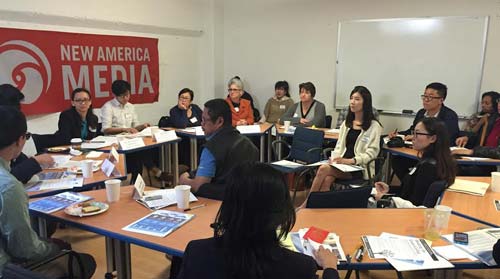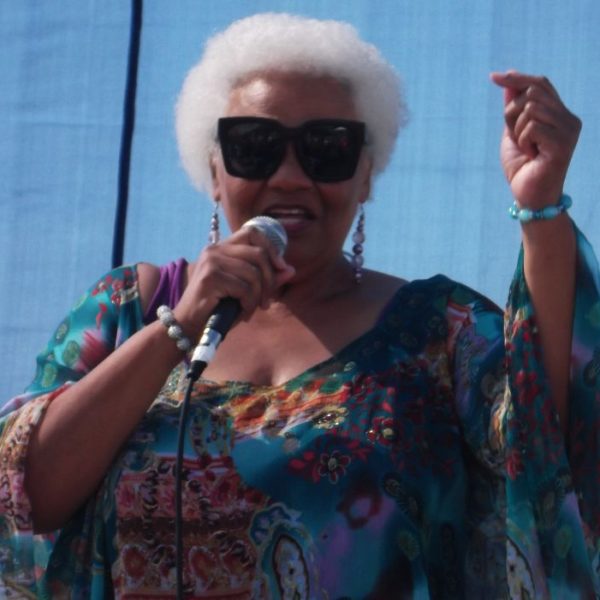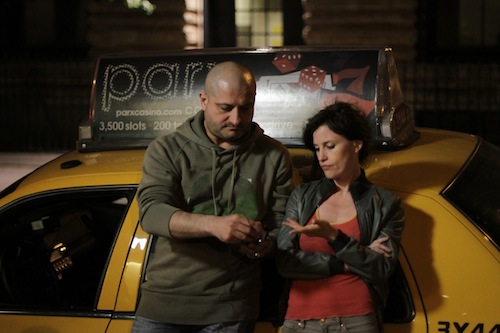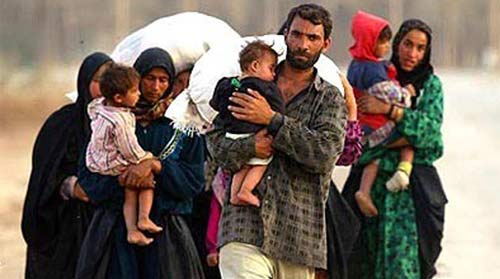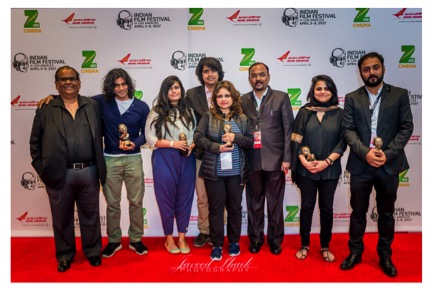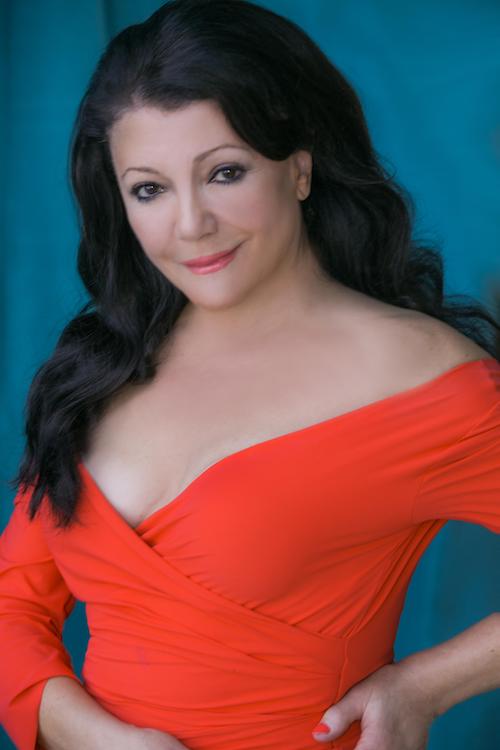SAN FRANCISCO – Despite their outstanding academic performances, Miguel Sales, Bill Song and Ju Hong felt they had reached a dead end after they graduated.
Without papers, the better paying jobs would be out of reach for them. They would be forced into the shadow economy, unprotected by labor laws.
But things began looking up for them in 2012, when they were among an estimated 1.2 million young undocumented immigrants, or Dreamers, who were eligible for a renewable two-year deportation reprieve by President Obama, under a federal program called Deferred Action for Childhood Arrivals (DACA).
The program gave them temporary protection from deportation, as well as work authorization, a social security number and access to education. In California, it also gave them access to Medi-Cal, a health insurance program for low-income people, known as Medicaid in the rest of the nation.
“Prior to DACA, I couldn’t utilize my degree in political science” from UC Berkeley, South Korean native Hong, 25, said. “After getting DACA, I saw great opportunities.”
“Until I got DACA, I was living in the shadows,” Sales, also 25, and an immigrant from the Philippines, said. “After I got DACA, I began applying for jobs to help my family financially.”
Song, a 22-year-old immigrant from South Korea, used his work authorization card to move from a $10-an-hour construction job that was paid under the table to a $15-an-hour job in the open market. Until then, he said he was convinced that he would have to “stay low from the government for the rest of my life.”
The three undocumented young men bravely told their personal stories from the time they arrived as children in the United States with their parents to a roomful of Bay Area journalists from the Filipino and Korean media at a Feb. 27 luncheon briefing.
The New America Media (NAM) meeting was sponsored by the International Institute of the Bay Area (IIBA), a non-profit agency that provides affordable immigration services to low-income immigrants. It is the lead agency of the Bay Area DACA Collaborative, a group of non-profits that helps the estimated 60,000 DACA-eligible youth who live in the Bay Area.
The meeting followed a similar briefing on February 6 that focused on Chinese media in the Bay Area.
NAM executive director Sandy Close said the meetings were organized in response to research that indicated that the national DACA application rates of Asian Americans and Pacific Islanders were disproportionately low.
Panelist Bea Pangilinan, a staff attorney with the Asian Law Caucus, said that only one-quarter of Korean youth and a similar portion of Filipino youth eligible for DACA had applied.
“We need the media to help us publicize the benefits of enrolling in DACA,” she said.
When Asian immigrant parents see coverage of DACA in the ethnic news media they rely on for information, the panelists said, they’d be more likely to encourage their kids to apply.
Individuals can continue to apply for or renew DACA under the program that was announced in 2012.
In February, a federal judge in Texas blocked the implementation of Obama’s November 2014 executive actions that would have expanded DACA by removing the age cap, and offering parents of U.S. citizens and green card holders a three-year relief from deportation called Deferred Action for Parents of Americans (DAPA). But even though those programs are on hold, immigrant rights activists are confident that the blockage is only temporary. The U.S. Justice Department has appealed the suspension, Pangilinan said, and “we are confident we will prevail.”
Meanwhile, she said, eligible Dreamers can continue to apply for the DACA program that was announced in 2012; and families can prepare for the new, expanded DACA and DAPA programs that have been delayed, by getting their documents together and saving money for the $465 application fee.
‘We don’t have any undocumented in our community’
Juhee Kwon, a program associate with the Korean Community Center of the East Bay, said one reason Korean youth apply for DACA in such low numbers is that there is a “culture of shame” created by Asian communities in general that “tries to distance themselves from undocumented people.”
When her agency tries to enlist the help of their community churches to do outreach in the Korean community, the response they invariably get is, “We don’t have any undocumented.”
Among undocumented Filipinos, there is the worry about what could happen if they “out” themselves, given that DACA is only a temporary reprieve from deportation and not a path to citizenship, noted Lillian Galedo, executive director of Filipino Advocates for Justice.
But even so, the benefits of getting DACA far outweigh the risks of applying for it, say Sales, Song and Hong. Song now carries a driver’s license in his wallet and drives to his workplace in South San Francisco. Sales is a material planner for Tesla. And Hong, who is about to graduate from San Francisco State with a Master’s degree in public administration, was able to get advance parole (a temporary international travel permit that allows DACA beneficiaries to travel abroad) so he could return to South Korea in time to say goodbye to his dying grandmother.
“It was an incredibly emotional experience,” Hong said, noting that other family members weren’t able to see the ailing woman before she died because of their immigration status. “It has given me greater motivation,” he said, “to fight for humane immigration reform.”

